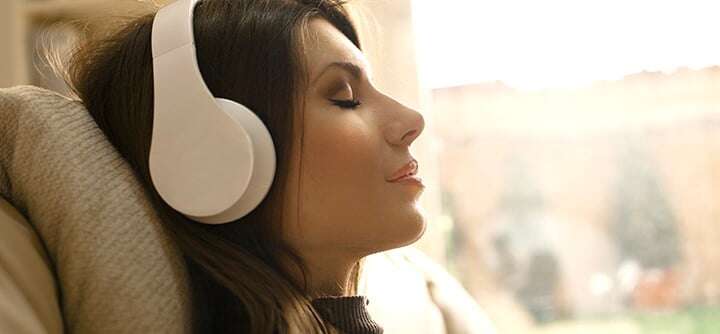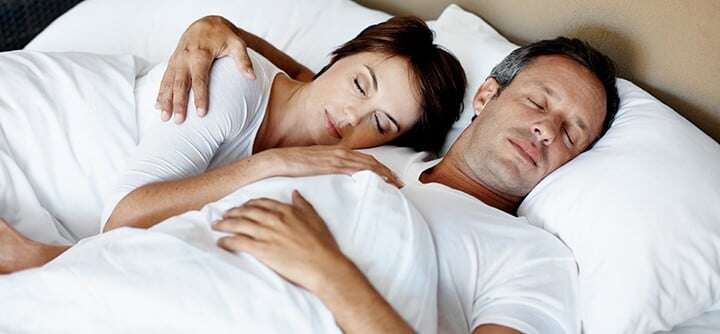For someone with a sleeping disorder, that is the million-dollar question.
When you’re suffering from a lack of sleep, the natural thing to want to do is catch up on some shut-eye whenever possible.
But have you ever considered that your attempt at an afternoon power nap may actually be hindering your nighttime sleep?
Trying to restore sleep debt
Based on a national survey of insomnia symptoms, it has been estimated that 13 per cent of New Zealanders aged 20-59 years are affected by at least one symptom of insomnia often or always, together with excessive daytime sleepiness.
Perhaps it’s due to many being shift workers and erratic hours might be leading you to want a daytime doze.
However, for someone with a sleep disorder, you should only nap if absolutely necessary. Naps can also interfere with your ability to sleep at night and throw your sleep schedule into disarray[1].
Sleep loss is cumulative and can’t be made up, so stop trying to snooze away your sleep debt and aim to rest during the optimal time – between 11pm at 8am each night.
Research is emerging all the time that boasts that napping can restore alertness, enhance performance and even reduce mistakes and accidents[2].
But what if a nap doesn't do this for you?While napping may be beneficial for some people, if a sleep disorders such as sleep apnea and insomnia is affecting your sleep then you may not feel any better after a nap. If this is you, find out what might be affecting your sleep by taking our free online sleep assessment or order a home sleep test kit. |
Already diagnosed with sleep apnea?
Don't snooze without using your CPAP treatment. Even if you’re planning on a brief siesta, you’re leaving yourself vulnerable to harmful apneas if you do so without using your treatment.
If you’re still getting used to using your CPAP treatment, you might want to erase napping from your plans altogether. Put simply, naps make it harder to embrace CPAP because they may have some impact on reducing your sleep dept. It sounds hard to believe, but while you’re adjusting to CPAP treatment, sleep debt is actually a good thing because it makes you more tired at the right time and will help you fall asleep and familiarise yourself with your new equipment. Try to solider on without a nap and put your trust in the proven CPAP treatment.
Trouble getting to sleep?
While informing someone suffering from insomnia that they shouldn’t try to sleep might sound odd, it’s the strategic way of tackling naps if you have severe complications trying to sleep at night.
People with insomnia should also avoid napping if possible, as a healthy amount of sleep debt can actually aid people with the condition to fall asleep at the desired time at night. Insomnia suffers who do take a daytime nap may find themselves staying awake long past their desired bedtime, which only furthers the cycle of sleeplessness.
Concerned about your sleep?
If you'd rather speak to one of the Eden Sleep team directly about your concerns, contact us today.
.webp?width=1158&height=143&name=Combined%20logo%20-%20Ecom%20Main%20300x200%20(1).webp)




